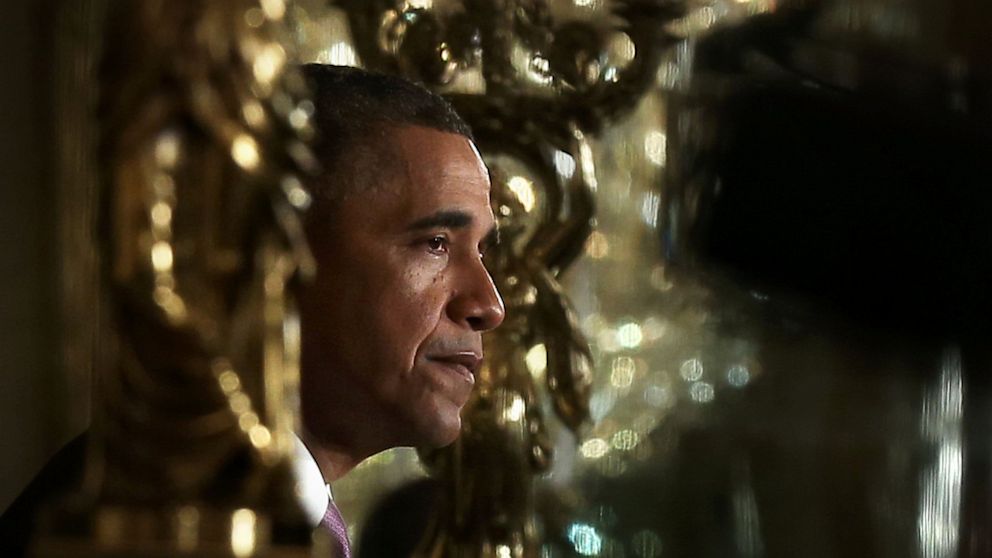5 Things to Know About the Healthcare Insurance Exchanges
A new survey suggests many remain confused about the marketplace.

Sept. 16, 2013— -- One of the largest components of Obama’s healthcare overhaul will go into effect in just a couple of weeks.
But according to a recent Pew Research Center/USA Today survey, just a quarter of those surveyed have a very good understanding of how the law will impact them.
People will be able to purchase health insurance through “exchanges” -- some of them run by the federal government, others by the states, and still others by a federal-state partnership.
The law requires uninsured people to get insurance, but the survey found that uninsured people were actually the least likely to know that. That’s especially true when it comes to young people.
Here are five things everyone should know about the healthcare insurance exchanges.
1. Health insurance exchange sign-up opens Oct. 1.
The exchanges are officially called the “Health Insurance Marketplace,” and you can apply by mail, online or through the help of a community health care helper (though that might be a little trickier in Florida).
Sign-up runs through March 31st, 2014, and coverage will begin Jan. 1, 2014.
The exchanges will offer plans to people who don’t have health insurance and need to get it, as well as to people who have it but want to see if there’s a better option. This latter option comes with a caveat. If you are covered by an employer, you won’t necessarily do better on the exchanges. Learn more here.
The insurance plans offered in the exchanges will be offered by private companies, but they face restrictions. They won’t be able to charge more just because you have a preexisting condition, for example. There will be four categories of plans - bronze, silver, gold and platinum. They’ll all offer the same essential health benefits but the monthly premiums will be different, as will the portion of costs you pay for prescriptions and hospital visits. The out-of-pockets costs also vary. So for a bronze plan, your monthly premium will be lower but you’ll probably have to pay more when you do go to the doctor or hospital.
Which plan you choose will depend on what coverage you want and can vary depending on your age, where you’re located, how big your family is and whether you use tobacco.
Learn more here.
2. Your options will vary depending on where you live.
All 50 states and the District of Columbia will have exchanges. States had the option to set up their own exchanges, and some have chosen to go that route. Others will work in partnership with the Obama Administration, and still others will let the federal government handle their exchanges completely.
Here’s a state-by-state rundown, courtesy of the Pew Research Center, which cites the Kaiser Family Foundation:
States with federal exchanges:
AL, AK, AZ, FL, GA, IN, KS, LA, ME, MS, MO, MT, NE, NJ, NC, ND, OH, OK, PA, SC, SD, TN, TX, UT, VA, WI, WY
States with state-based exchanges:
CA, CO, CT, DC, HI, ID, KY, MD, MA, MN, NV, NM, NY, OR, RI, VT, WA
States with state/federal partnership exchanges:
AR, DE, IL, IA, MI, NH, WV
3. Lots of people will be eligible for federal subsidies.
The monthly prices that you’ll see when you look at what your exchange offers might seem high. That’s okay. Many people will be eligible for federal subsidies that will lower out-of-pocket costs, or they’ll qualify for tax credits that will reduce premiums to help pay for the insurance.




